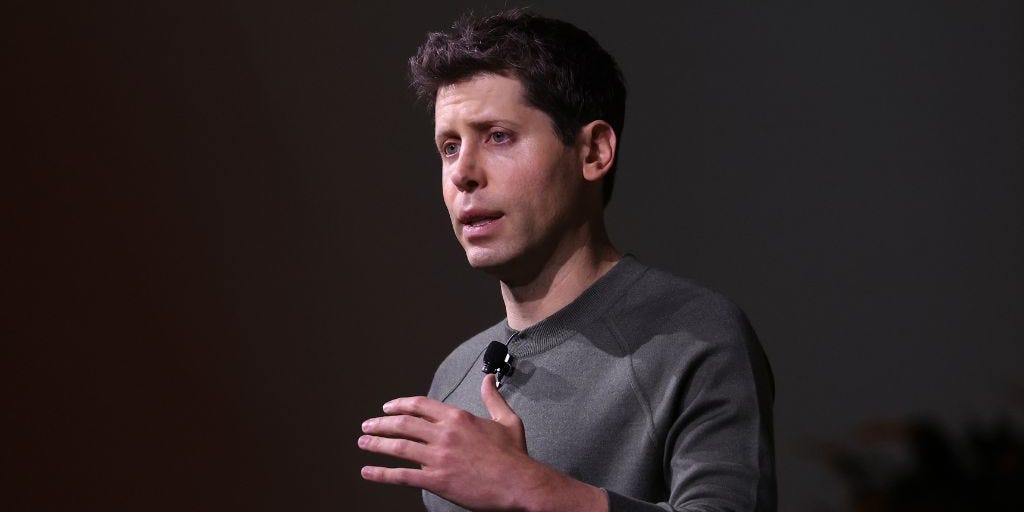“People have been claiming YC fired Sam Altman. That’s not true,” Graham wrote on X, formerly Twitter.
Altman’s departure, Graham said, was because they needed someone who could run Y Combinator full-time.
“For several years, he was running both YC and OpenAI, but when OpenAI announced that it was going to have a for-profit subsidiary and that Sam was going to be the CEO, we (specifically Jessica) told him that if he was going to work full-time on OpenAI, we should find someone else to run YC, and he agreed,” Graham said, referencing his cofounder and wife Jessica Livingston.
Altman stepped down as Y Combinator’s president on March 8, 2019, just three days before OpenAI announced it was shedding its status as a typical nonprofit.
The ChatGPT maker said in a blog post on March 11, 2019, that it was a “capped-profit” company with a for-profit arm governed by a nonprofit.
“If he’d said that he was going to find someone else to be CEO of OpenAI so that he could focus 100% on YC, we’d have been fine with that too,” Graham added. “We didn’t want him to leave, just to choose one or the other.”
Graham’s remarks contradicted earlier reports by outlets such as The Wall Street Journal and The Washington Post last year. Both outlets reported that Altman was asked to leave the organization for favoring his personal interests over Y Combinator’s.
Representatives for Altman and Y Combinator did not immediately respond to requests for comment from BI sent outside regular business hours.
The news surrounding Altman’s time at Y Combinator comes amid heightened interest in his leadership of OpenAI. Altman was briefly fired as CEO in November after OpenAI’s board said he was “not consistently candid in his communications” with it.
Former OpenAI board member Helen Toner said in an interview on “The TED AI Show” this week that Altman was a deceptive figure who’d lied to the board “multiple” times.
“For years, Sam had made it really difficult for the board to actually do that job by withholding information, misrepresenting things that were happening at the company, in some cases outright lying to the board,” Toner said.
Toner had made similar accusations in an op-ed she’d cowritten with another former board member, Tasha McCauley. The piece, which The Economist published on Sunday, said that OpenAI couldn’t be trusted to govern itself with Altman at the helm.
On Thursday, current OpenAI board members Bret Taylor and Larry Summers wrote a rebuttal to Toner and McCauley, which was also published in The Economist.
“We do not accept the claims made by Ms Toner and Ms McCauley regarding events at OpenAI,” Taylor and Summers wrote.
“That said, we share Ms Toner’s and Ms McCauley’s view—and the company and Mr Altman have continually stated—that the evolution of AI represents a major development in human history,” the pair added. “In democratic societies, accountability to government and government regulation is essential.”
Read the full article here















